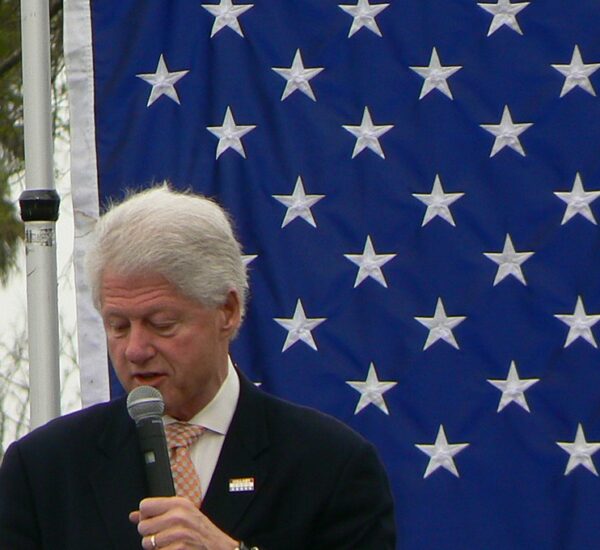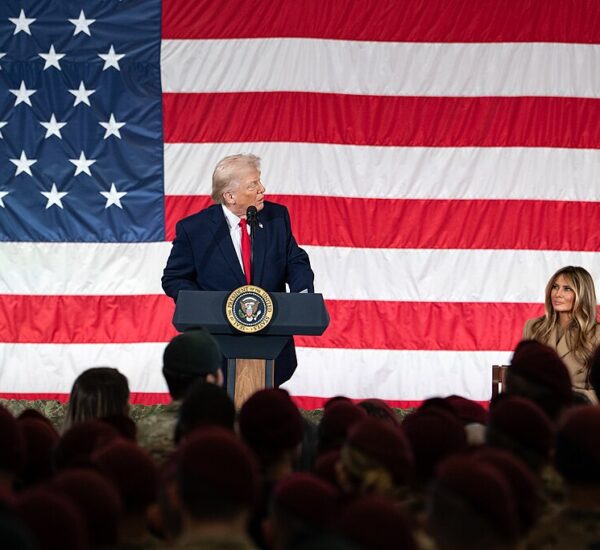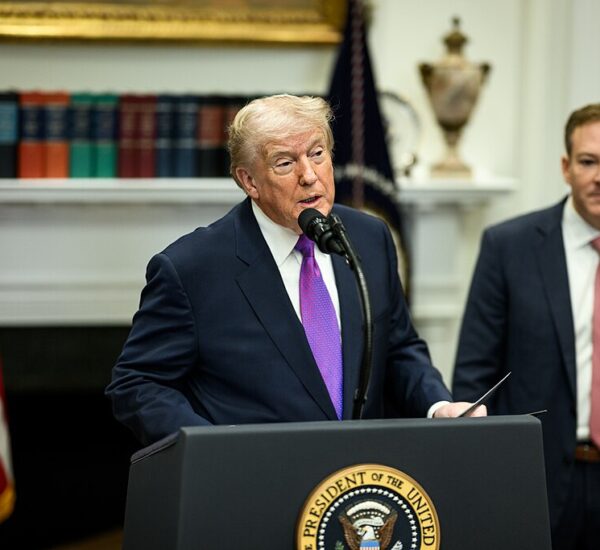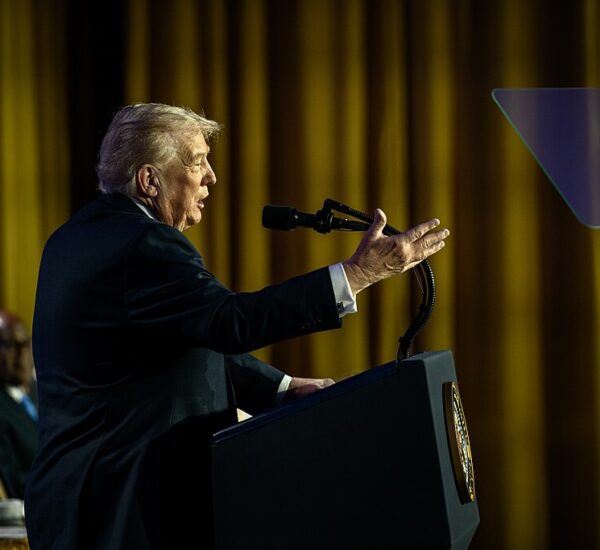Blue City Rejects DOJ
Chicago’s progressive leadership has sparked new controversy after announcing the city will refuse federal anti-violence grants redesigned by the Trump administration to strengthen policing, enforce immigration laws, and crack down on violent crime.
The decision stunned many observers as Chicago continues struggling with rising crime, declining public safety, and a taxpayer exodus.
Chicago Says “No” to Grants That Support Police and Immigration Enforcement
In a statement shared with Reuters, Mayor Brandon Johnson’s office said Chicago will not apply for any federal grants tied to President Donald Trump’s public-safety agenda, declaring:
“Chicago has no plans to pursue federal grants that would require the city to align itself with President Trump’s policy priorities.”
The administration responded by confirming that the program was intentionally reshaped to prioritize:
- Hiring more police
- Strengthening local law-enforcement agencies
- Supporting immigration enforcement
- Investing in proven crime-reduction strategies
For many conservative Americans, especially those age 50+, these priorities represent common sense public safety — not politics.
Trump Administration Restores Law-and-Order Focus
The Department of Justice shifted the Community-Based Violence Intervention and Prevention Initiative away from activist groups and back toward traditional crime prevention.
Under the Biden era, hundreds of millions were funneled to nonprofit organizations with questionable results. President Trump has instead redirected resources toward strategies that actually reduce violence.
Chicago’s leadership claims the changes are “politically motivated,” but critics argue the real political stunt is refusing free federal help while crime spirals.
Chicago Stands Alone as Other Cities Welcome the Funding
Chicago is currently the only U.S. city publicly rejecting the new law-and-order grants. Meanwhile:
- Newark, New Jersey
- Columbia, South Carolina
- And several other cities
…have confirmed they are moving forward with applications.
Past versions of the program handed money directly to nonprofits and activist groups. Under the updated 2024-2025 structure, the DOJ requires:
- No direct funding for activist groups
- No services for undocumented immigrants
- More investment in police officers, equipment, and public-safety infrastructure
- All funds to pass through accountable government agencies
The new program totals $34.6 million — targeted specifically at reducing violent crime, not expanding political activism.
Law-Enforcement Supporters Praise the Shift
A DOJ spokesperson defended the changes, stating:
“The best way to prevent violence in our communities is through robust support for law enforcement.”
This aligns closely with President Trump’s promise to restore national security, rebuild local police departments, and fix the failures of sanctuary-city policies.
Community-intervention activists complain that the funds no longer flow directly to their organizations, but many taxpayers welcome the increased oversight and accountability.
Immigration Enforcement at the Heart of the Debate
President Trump has long argued that violent crime and illegal immigration are linked — and that cities must cooperate with ICE detainer requests to protect their citizens.
Chicago’s refusal to even consider the funding highlights the city’s deep commitment to sanctuary policies, even when those policies undermine law-enforcement efforts.
White House spokesperson Abigail Jackson dismissed criticism, saying:
“Suggestions that the Trump administration isn’t effectively tackling violent crime are simply incorrect and misguided.”
Other Police Departments Are Eager to Participate
In Columbia, South Carolina, Deputy Police Chief Melron Kelly said the department has already submitted its grant application and is seeking clarity on immigration-enforcement cooperation requirements — something he described as normal for any federal grant program.
“There are always parameters when you ask for federal dollars.”






